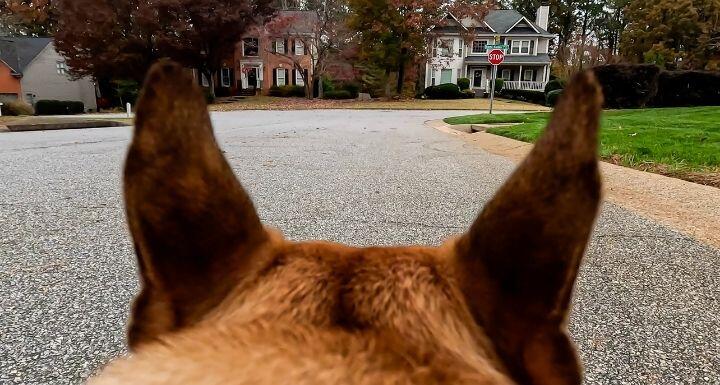Earlier this year, in Red Rover, Red Rover, Come on Over? Understanding Pet Policies in Community Associations, we discussed the various types of pet policies in community associations.
However, creating pet policies is only half the battle—consistent and proper enforcement is key to handling pet disputes. Remember, service and emotional support animals are not pets, so keep in mind that the pet policy does not apply to those types of animals.
Scope of Pet Policy
First, it is important to understand the scope of any pet policy. The location of the pet policy within the governing documents plays a key role when it comes to proper enforcement. For example, pet policies contained in a declaration of restrictive covenants ("Covenants") may impose pet policies across the entire community, including both lots and units within the association's jurisdiction. In contrast, if a pet policy is promulgated through the Board of Directors' rules and regulations, enforcement is likely limited to the common areas.
Second, only those restrictions that are specifically contained in the pet policy may be enforced. For example, if a dispute arises related to the number of pets an owner maintains on his/her property, but the pet policy does not contain any provisions limiting the number of pets an owner may keep, the association likely has no avenue to find a violation of the pet policy.
Best Practices for Handling Pet Disputes
-
Develop Clear and Comprehensive Pet Policies. The association's pet policy is the basis for resolving a pet dispute. As mentioned previously, without an applicable provision in the pet policy, the association does not have the authority to act when a dispute arises. Accordingly, the pet policy should set clear expectations and address all aspects of pet ownership that the association desires to regulate.
-
Communicate Expectations. The Covenants are a recorded document available in the public forum, but if the association's pet policy was adopted as rules and regulations, it is of paramount importance to communicate new policies to owners. If owners are well informed regarding pet policies it is less likely for disputes to arise.
-
Document the Violation. Violations of pet policies may require more documentation to establish than other enforcement matters. For example, if the owner of a dog allows that dog to bark for extended periods of time, create a log of the incidents and include as many forms of documentation as possible from as many residents as possible. Many pet policies, such as prohibitions on unreasonable barking, are subjective in nature and require sufficient documentation before an association may pursue valid enforcement. It is best to avoid subjective rules, as they tend to be challenging to enforce on a consistent basis.
-
Follow Procedure. In general, North Carolina law requires community associations to (1) send notice of a violation and hearing to the owner before issuing a fine or suspending privileges, (2) hold a hearing and provide the owner an opportunity to be heard and present evidence regarding the alleged violation, and (3) send notice of the decision before the association may institute fines for a violation. However, always best to check the association's governing documents, as they may impose additional enforcement requirements.
- Enforce Consistently. It is crucial to consistently enforce pet policies to avoid accusations of selective enforcement and give the association the best chance to survive a challenge when push comes to shove.
Conclusion
Effective enforcement of pet policies is crucial to resolving pet disputes. By following these best practices, associations will be able to navigate pet disputes while maintaining relationships within the community. Do not hesitate to reach out to community association legal counsel to help you properly navigate pet disputes.








